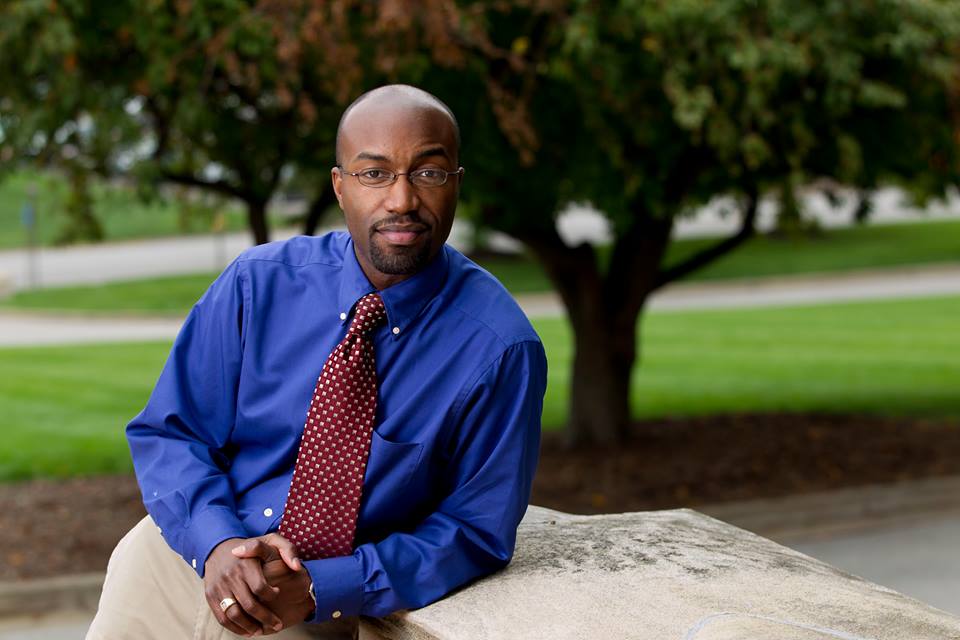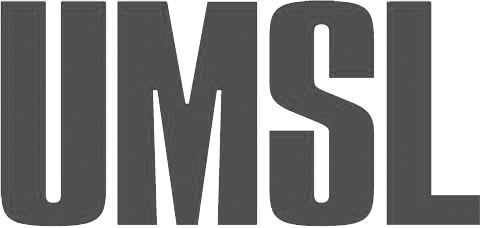Jason Q. Purnell, PhD, MPH is an assistant professor in the Brown School at Washington University. He is lead investigator on For the Sake of All: A Report on the Health and Well-Being of African Americans.
Despite the exciting advances in genetic research that are constantly in the news, it is now widely accepted among public health professionals that your zip code is more important than your genetic code in determining your health. When you think about all that a zip code means, it is easy to see why. Your zip code often determines your access to resources like healthy foods and safe, green spaces for recreation and physical activity.
Less obvious, but also linked to health, are factors like the quality of schools, the availability of jobs, and the affordability of housing in any given zip code. Resources like these are not evenly distributed in our community, and that has serious consequences for health. Indeed, it can determine how long the average resident of a particular zip code can expect to live.
Drawing these connections between where and how we live and the health of our community has been the topic of a 14-month project called For the Sake of All: A Report on the Health and Well-Being of African Americans in St. Louis. With funding from the Missouri Foundation for Health, my colleagues from Washington University and Saint Louis University and I have examined a wide range of topics, including poverty, education, mental health, residential segregation, and chronic disease in a series of briefs released between August and December of last year.
We have been aided by a Community Partner Group with representation from health care and public health, but also education, business, media, and community and economic development, and we have sought the input of community members through our project web site and at a Community Feedback Forum held in March. The For the Sake of All project will culminate with release of a final report at a Community Conference on May 30 at the Missouri History Museum. To find out more and register for the conference go to the project website: forthesakeofall.org.
Throughout this project we have tried to highlight both persistent disparities and promising responses here in St. Louis and in other parts of the country. We have also suggested a set of evidence-based and community-informed policy and programmatic recommendations for improving community health, not just for African Americans but for everyone. Because health is about much more than our genetic codes, the recommendations range from focusing on high quality early childhood development to ensuring that every neighborhood in the St. Louis region supports the health of its residents.
Of course, these are just words without the commitment of actors across multiple sectors in our region. It will take broad engagement of our community to ensure health and well-being for the sake of all.
Articles in “From the Field” represent the opinions of the author only and do not represent the views of the Community Builders Network of Metro St. Louis or the University of Missouri- St. Louis







